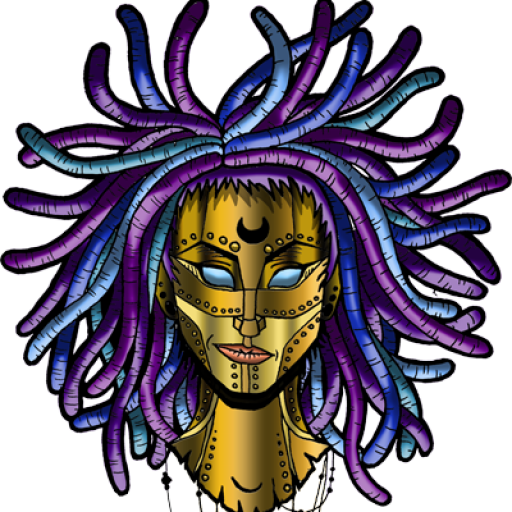Please note that Raging Roots Studio LLC does NOT offer dreadlock removal as a service at this time! Contact us for a referral if needed!
One of the most common misconceptions about dreadlocks is that once you get them the only possible way to remove them is to entirely shave your head. Although shaving one’s head certainly is ONE option combing out dreadlocks is always possible as well.
|
|
It’s important to realize, though, that while combing out to save some of your length may be preferable, it is a task that is not easy or fast! The older your dreadlocks are, the more work it will take to comb them out. For this reason, many folks, before beginning the adventure of combing out their locks, will cut off at least a few inches of their dread(s) to remove the oldest, most established part of the locks to help make it a little easier for them. However, this step is hardly necessary.
The first thing people usually wonder when they are considering removal is, “How much hair will I lose?”. The first thing I remind them is that people have a tendency to have a little bit of panic when they start combing out because they find themselves pulling out clump after clump of hair. Well, a little bit of a lesson here about the growth cycle of hair; just like our furry pet friends, human being shed! Hair grows, then it falls out, and more grows again. In fact, on average human lose around 100 hairs per DAY! When you have normal, brushable hair these hairs come out in our hairbrushes or find their way into our shower drain, but when you have dreadlocks those hairs get trapped inside the dread. (This is why dreadlocks get thicker over time.) So, when you comb out dreadlocks you will be pulling out all those fallen, trapped hairs. Fret not, however, about them because they aren’t attached to your head any way and their loss is a normal part of the growth cycle of your hair.
However, it is normal and expected to still find that some hair is lost in the removal process. Most find that their hair seems significantly thinner after combing out than it was before they dreaded their hair initially. It’s difficult to quantity or exactly predict the degree to which each person will experience this. However, rest assured that the wonderful thing about hair and dreadlocks is that HAIR GROWS BACK!!! That’s right — even if you find your hair a little on the thin side after you comb them out, over the next couple of years it will all catch back up again as new hairs sprout where they were inadvertently pulled out in the rough combing out process. (Note: This factor is not usually so present when the dreadlocks are simply cut or shaved off as the hair is not put through the pulling process of combing out.)
Many folks, when looking into combing out their locks, next ask – What do I use to do it? Just like putting IN dreadlocks, removal ideally requires a specific set of tools. Ironically, some of my favorite tools and products for placing and maintaining dreadlocks are also my personal favorites for removing them!
First of all you’ll need either a VERY sturdy metal comb (like the kind used for backcombing dreadlocks) OR, my preference, a crochet hook. Often when using a comb to remove dreadlocks, you end up only using the top couple of tines on the comb. So, to use a crochet hook, I feel, works just as well but gives the person using it greater control over the tool and what they are doing with it.
Secondly, optionally, some folks like to use a conditioner or oil to saturate the hair/dreadlocks to help lubricate it and attempt to make it easier to untangle the hair. I, personally, dislike commercial products in general so I tend to avoid recommending using commercial condition for this purpose, although you certainly can do so. My preference is to use a straight, natural oil. Olive, almond, jojba, hemp, coconut … these are all valid options. However, my favorite is coconut oil. Coconut oil is one of the most easily absorbed oils by the hair and skin, so not only will it help lubricate the hair, but it will be absorbed by the hair and help fortify it against breakage during the rough combing out process.
Here is a TikTok video where I show how I like to remove locks. (Turn on your sound to hear my explanation of what I’m doing and why!):
@ragingrootsstudio you all asked for it ???? #locremoval #dreadremoval #dreadlockremoval #locsalon #locartist #tiktokdreadlockartist #ctdreads #tiktokdreadlocks #loctok #hairtok ♬ BORN FOR THIS – Foxxi


